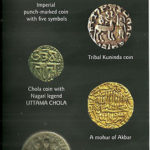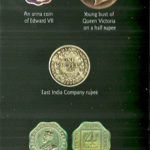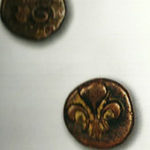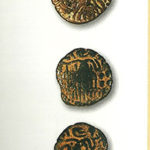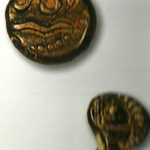
RBI Monetary Museum presents a fascinating insight into the world of money. It was inaugurated in 18 November 2004 by the then President of India, A.P.J. Abdul Kalam.
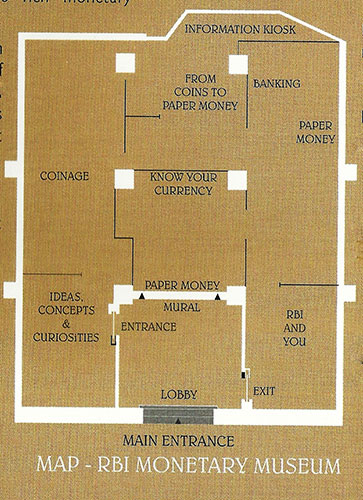
Location of RBI Monetary Museum
The museum is on the ground floor of Amar building on Sir Phirozeshah Mehta Road in Mumbai’s heritage district. Armed guards protect it. The museum does not open on Mondays and bank holidays. Visitors have to go through a security check. You have to switch off mobile phones. Lockers are available to keep valuables of the guests. The timings are 10:30 to 17:15 hours. Entry is free.

Interior of the Museum
The interior is air conditioned and well lit up. The lights are motion-triggered in some spots. The rooms are window-less. All the rooms are under TV surveillance. It is not a big museum. You can be cover it in one or two hours.

Organisation of the Exhibits
The exhibits are provided with informative text in English and Hindi. The first section has exhibits which communicate the general concepts of money. It evolved from barter to coins and later to the modern day digital money.
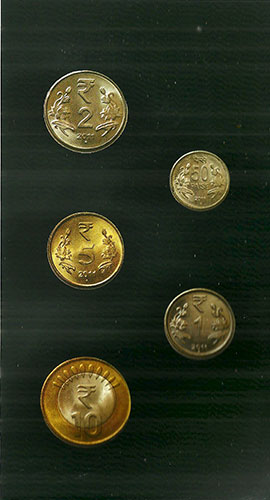
The second section is assigned to the monetary system of India. It houses an ample collection of coins from ancient, medieval and modern India. The earliest coins were made of silver that go back to sixth century BC.
In the third section the visitors can get acquainted with different bank and other types of securities. Employment of such securities in India is regulated by the Negotiable Instruments Act, 1881.
The fourth section sheds light on the history of paper money. Visitors can see here all specimens of British and post-colonial India paper money.
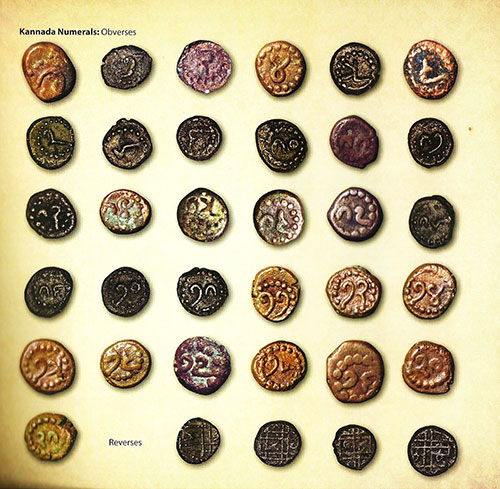
The fifth section is an illustration of modern money and securities and provides information on the financial system in India today.
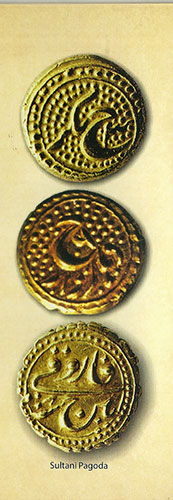
The sixth and final section focuses on the Reserve Bank of India, its history and activities. There is a brief report on modern Indian banks from 1720 to 1854.
All the governors of the Reserve Bank of India including the very first, Sir Osborne Smith, find a place in this section.
RBI Governors
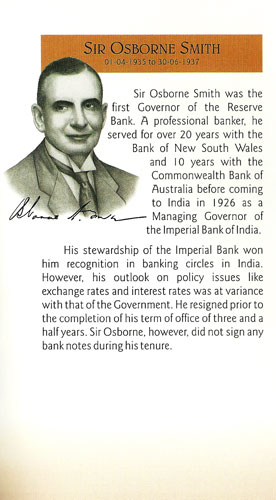
Sir Osborne Smith was the first Governor of the Reserve Bank of India. He served as the Managing Governor of the Imperial Bank of India from 1935 to 1937. He did not sign any bank notes during his tenure.
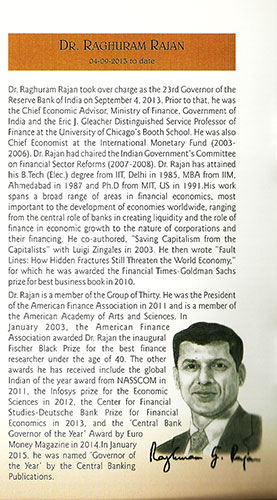
Dr. Raghuram Rajan was the 23rd Governor of the Reserve Bank of India. He held office from September 2013 to September 2016.
Informative Booklets
The Museum has a kiosk that sells six types of informative booklets:
- The Story of Money in India
- India’s Contemporary Currency
- Indian Coinage
- South Indian Coins
- Mysore Coins
- Precious Signatures
The price for all the booklets together is Rs. 25. All images in the post are from the booklets.
Click here to visit the website of the museum. The curator is Shri P.V. Radhakrishnan. Phone: +91 22 2261 4043. Email: museum@rbi.org.in.
If you liked the post, you could…
Join more than 5,000 fans of UASATISH by liking us on Facebook, or follow us on Twitter and Instagram.
Related posts:
